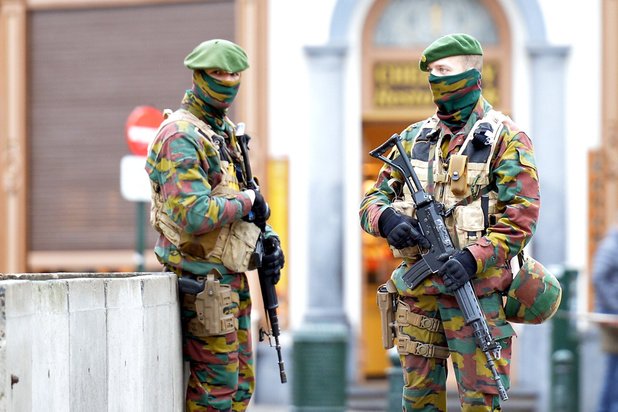Today is 11 September, a day that will go down in history in the US version 9/11, when 20 years ago the most audacious terror attacks took place in the US.
The effects are still being felt. If you have to take your shoes off in an airport security line, that is an after-effect of 9/11. The scenes from Kabul airport in recent weeks are a direct result of the invasion of Afghanistan by the ‘coalition’ of the willing, and the return of the Taliban 20 years after they were first routed.
Such an attack had never been seen before. Terrorists hijacked four airliners, and ploughed three of them into buildings – two at the Twin Towers of the World Trade Center in New York City, and one into the Pentagon in Washington DC.
The fourth plane was brought down by its passengers in a field in Pennsylvania, preventing another attack but killing them all.
The US responded by invading Afghanistan, which was accused of harbouring Osama Bin Laden, the man who inspired the attacks. US President George W. Bush then followed up by invading Iraq for unrelated reasons. In both cases he managed to put together a coalition of partner nations.
Bin Laden was finally tracked down by US Special Forces with the help of Pakistani intelligence, and killed in his compound in Pakistan in 2011.
At present in Paris, a mega-trial is taking place of the surviving perpetrators of the mass attack in the French capital in November 2015, no doubt inspired in part by 9/11. Six months later Brussels was the target of attacks at the airport and the metro, also carried out by so-called suicide bombers.
Since then until the start of this month, we have lived with the presence of armed military on the streets of the capital, so that few people even bother any more. It is nonetheless a remarkable adaptation of our daily lives.
Human rights organisations have not failed to point out that the various security laws introduced since 2015 are contrary to human rights principles. One example: the time when a person can be detained before being brought before a court was extended from 24 to 48 hours – a full 100% increase.
At the same time, the apparatus of the security state has grown like mushrooms – largely in the dark.
“Even before September 11, there was an increase in the use of surveillance technology, but every time there are terrorist attacks, we see that evolution is stimulated,” Rosamunde Van Brakel, criminologist specialising in privacy and surveillance at the VUB, told Le Vif.
“Politicians then have a good reason to convince the population that the introduction of this type of technology is necessary, as a means of lobbying to change the legislation."
VRT conflict journalist Rudi Vranckx sums up the situation now, 20 years later.
In the meantime, the US attacks have inspired smaller attacks in Paris, London, Brussels, Manchester, Madrid. There have also been attacks by so-called lone wolves, who he says are inspired by the darkweb and a network of extremists who pass under the radar of security cameras and military on the streets.
“Those attacks sow a lot of anxiety and terror,” he points out. “The West has carried out a war on terror for 20 years with military means. But that digital caliphate on the internet – the darkweb – still exists. As long as the message of hate can continue to be spread in that way, the war will never be completely won.”

